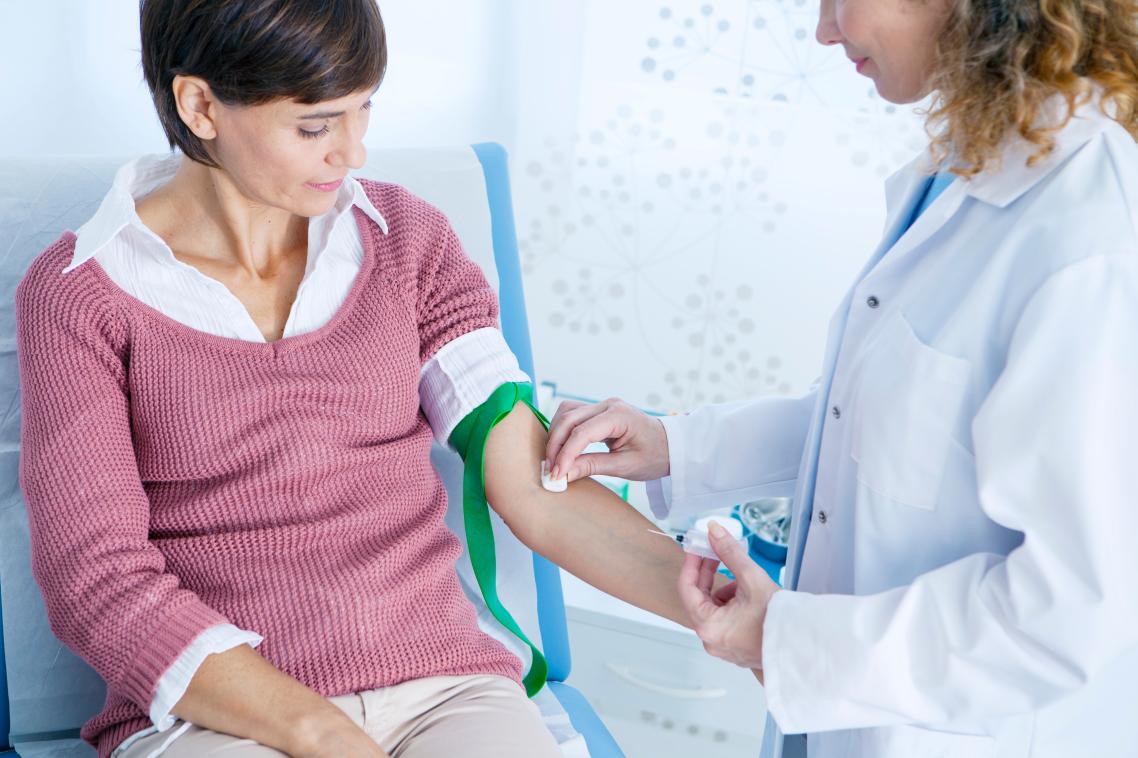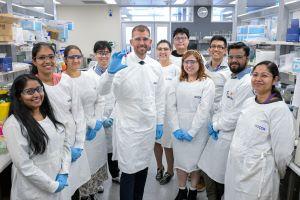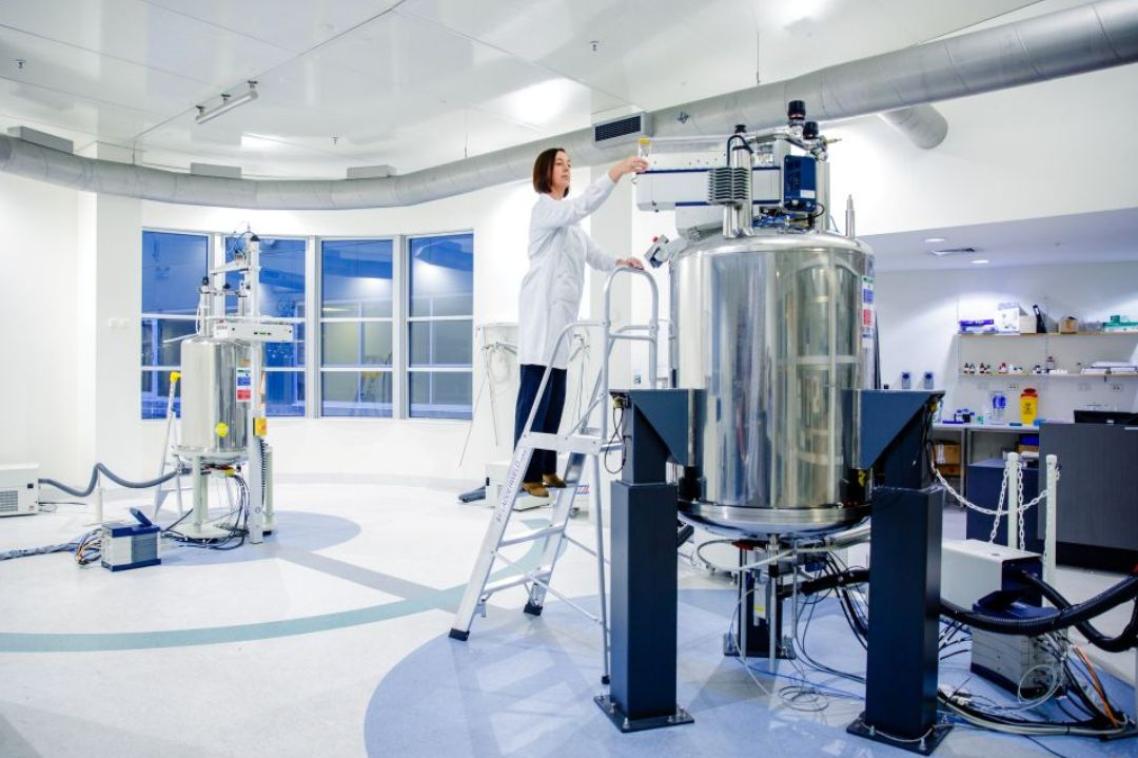UQ to lead Australian clinical trial of next-gen ovarian cancer screening test

(Photo credit: Adobe. )
Clinical trials of a simple and accurate blood test to detect early-stage ovarian cancer – key to boosting survival rates – will begin at The University of Queensland this year.
Researchers will confirm the performance of UQ’s test for ovarian cancer in the general population as a screening tool for the disease, dubbed 'the silent killer’.
Professor Carlos Salomon Gallo, Director of the UQ Centre for Extracellular Vesicle Nanomedicine, said around 1,500 women from across Queensland will be recruited to take part in this ground-breaking study to determine its suitability for population-based screening for ovarian cancer.
“Rapid and accurate identification of asymptomatic ovarian cancer will dramatically improve survival rates,” Professor Salomon Gallo said.
“Ovarian cancer ranks as the 8th most prevalent cause of death for women, with the elevated mortality rate primarily because diagnosis usually occurs when the disease is at an advanced stage.
“In this study, we will confirm the performance of the test under real-world conditions which will involve the collection of blood samples from multiple sites throughout Queensland and their shipment to a central laboratory for analysis."
Dr Salomon Gallo’s team developed the screening test that targets extracellular vesicles (EVs) - microscopic bubbles produced by cells that contain proteomic and genomic information that signal the presence of cancer.

Professor Carlos Salomon Gallo (centre) and research team.
UQ has partnered with ASX-listed biotechnology company INOVIQ Ltd (ASX: IIQ) to develop the world’s first EV-based ovarian cancer screening test that has been evaluated on more than 500 blood samples and demonstrated an overall accuracy of 94 per cent.
“Another advantage of this test is the extremely low false positive rate of 4 per cent in previous studies which makes it a suitable candidate as a screening tool,” Professor Salomon Gallo said.
“If the false positive rate is high, say 10 per cent, then too many women would be sent for further diagnostic investigations and biopsies they don’t need, and this creates unnecessary anxiety and places an extra burden on the healthcare system.
“We hope this test enables women with ovarian cancer to be diagnosed at the earliest stage, when they have a fighting chance against this silent killer.”
Postmenopausal women over the age of 45 with no prior history of ovarian cancer will be eligible to enrol in the study.
The 5-year program has received grants from the National Health and Medical Research Council (NHMRC) in partnership with the Ovarian Cancer Research Foundation and the Lions Medical Research Foundation in collaboration with Mater Research and Queensland Centre for Gynaecological Cancer Research.
Related articles

UQ ranked second nationally in AFR Best Universities Ranking

UQ experts recognised for national impact
Media contact
UQ Communications
communications@uq.edu.au
+61 429 056 139
